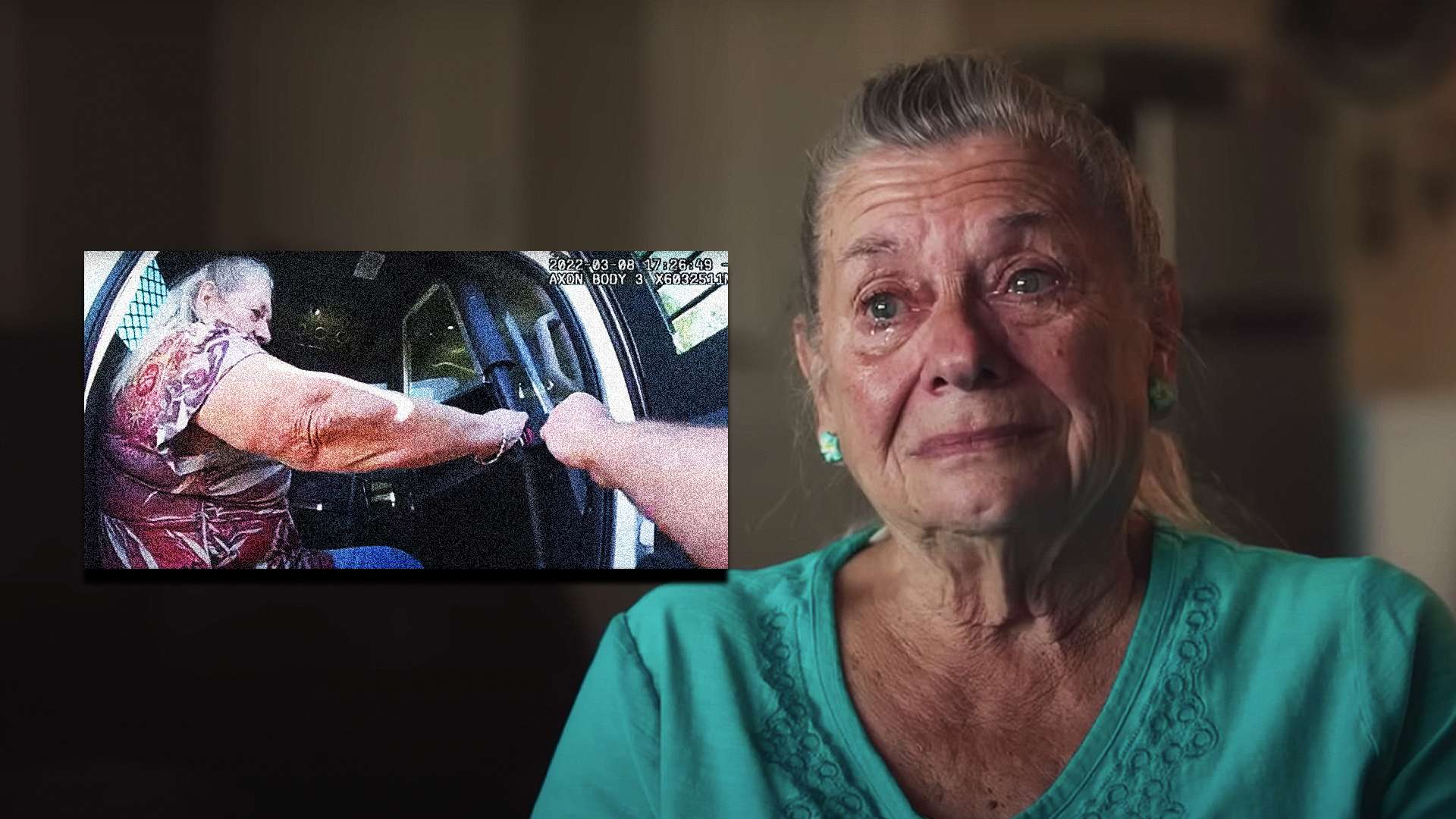Before taking Thornton into custody, an officer can be heard on his body camera footage saying that the impending arrest was going to be "a PR nightmare." He was not wrong. The local press made Thornton's story a front page one, ultimately prompting the government to drop the charges but with the caveat that it would move to jail her should she have the audacity to reinvigorate the project.
So Thornton is suing, alleging the ordinance violates her right to equal protection, her right to due process, and her privileges and immunities of citizenship. She is not seeking financial damages but rather the right to continue giving out food to those who are hungry.
"It violates her fundamental right to assist people who she encounters in need," says Suranjan Sen, an attorney at the Institute for Justice, who is representing Thornton. "From the very beginning of this country, through the Underground Railroad to the Great Depression and beyond…this country grew and prospered because of people working to help each other out in private acts of charity."
Bullhead City's ordinance does have some exceptions. And it's those very exceptions that may render it unconstitutional. You may share food in the park, so long as it's not with the needy: Passing around food among friends is legal, for example, but it crosses over into unacceptable territory when it is given to those who cannot otherwise afford it. In practice, homeless people have been targeted by the cops for giving food to each other, because the metric by which police enforce the law is by keeping an eye out for folks who appear to be poor. Should a homeless person pass as otherwise, then it's likely he or she would be able to circumvent criminal enforcement.
This makes sense when considering the spirit of the law, which was passed to incentivize the unhoused to go to a shelter as opposed to seeking help from good Samaritans. But such attempts fail to consider the limitations of the state. As the Institute for Justice notes, Bullhead City's largest shelter has a whopping 46 beds, which are often all taken, and which precludes any remaining people from eating breakfast and dinner there; only lunch is available to those not living at the shelter. In effect, the law assumes that the government is capable of addressing this problem without any partnership with the public it claims to serve. (It's also worth noting that "the unhoused in Bullhead City tend to sleep in the desert," not in the park where Norma distributed food, according to the Institute for Justice.)

 reason.com
reason.com
Bullhead City would put Jesus in Jail for feeling the multitudes
So Thornton is suing, alleging the ordinance violates her right to equal protection, her right to due process, and her privileges and immunities of citizenship. She is not seeking financial damages but rather the right to continue giving out food to those who are hungry.
"It violates her fundamental right to assist people who she encounters in need," says Suranjan Sen, an attorney at the Institute for Justice, who is representing Thornton. "From the very beginning of this country, through the Underground Railroad to the Great Depression and beyond…this country grew and prospered because of people working to help each other out in private acts of charity."
Bullhead City's ordinance does have some exceptions. And it's those very exceptions that may render it unconstitutional. You may share food in the park, so long as it's not with the needy: Passing around food among friends is legal, for example, but it crosses over into unacceptable territory when it is given to those who cannot otherwise afford it. In practice, homeless people have been targeted by the cops for giving food to each other, because the metric by which police enforce the law is by keeping an eye out for folks who appear to be poor. Should a homeless person pass as otherwise, then it's likely he or she would be able to circumvent criminal enforcement.
This makes sense when considering the spirit of the law, which was passed to incentivize the unhoused to go to a shelter as opposed to seeking help from good Samaritans. But such attempts fail to consider the limitations of the state. As the Institute for Justice notes, Bullhead City's largest shelter has a whopping 46 beds, which are often all taken, and which precludes any remaining people from eating breakfast and dinner there; only lunch is available to those not living at the shelter. In effect, the law assumes that the government is capable of addressing this problem without any partnership with the public it claims to serve. (It's also worth noting that "the unhoused in Bullhead City tend to sleep in the desert," not in the park where Norma distributed food, according to the Institute for Justice.)

This 78-year-old woman was arrested for feeding the poor
Norma Thornton of Bullhead City, Arizona, is suing for the right to help people in need.
Bullhead City would put Jesus in Jail for feeling the multitudes





